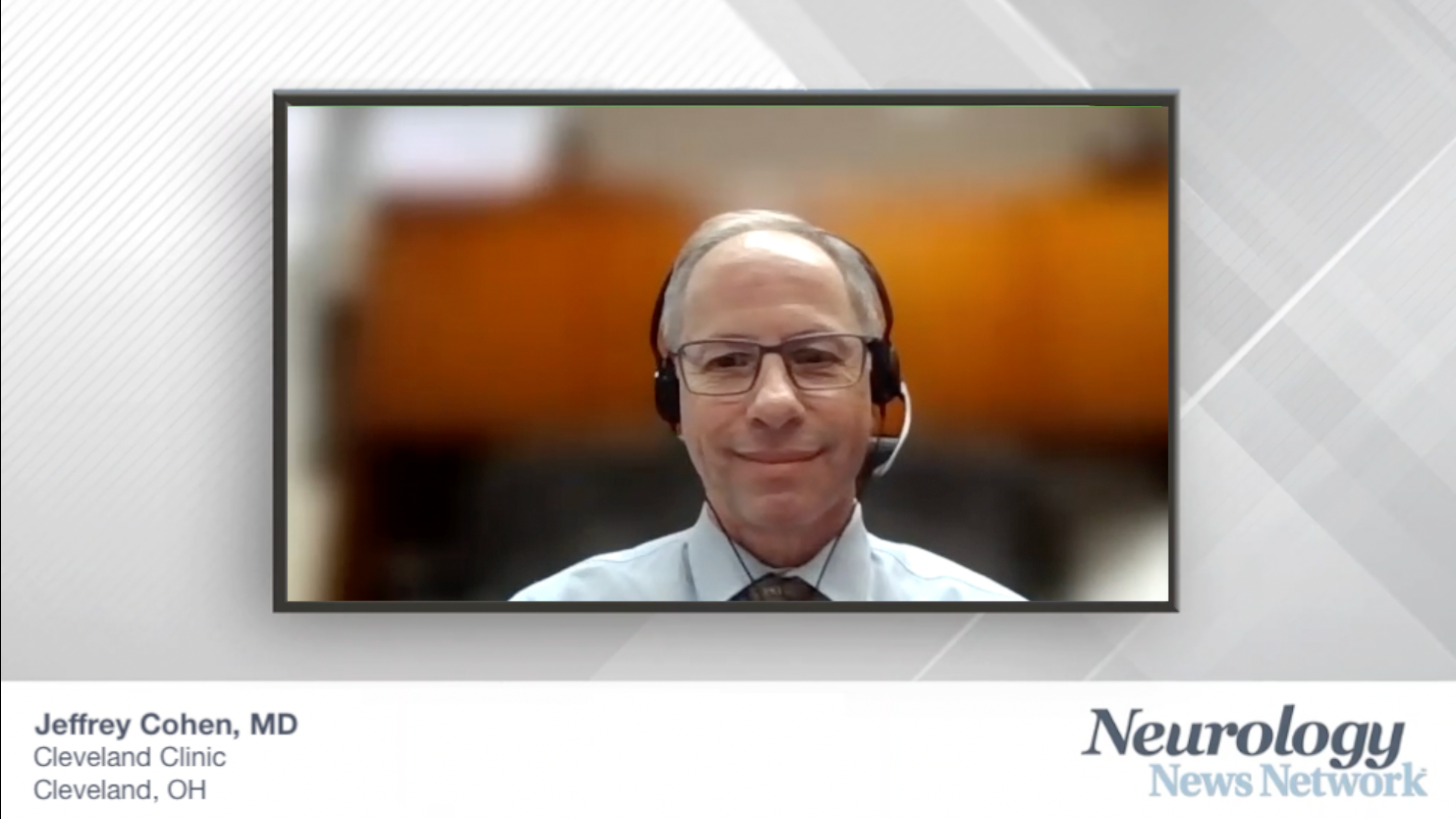
Improved Recognition of Autoimmune Encephalitis

The staff neurologist at Cleveland Clinic’s Mellen Center for Multiple Sclerosis Treatment and Research offered her insight into improving the recognition of autoimmune encephalitis. [WATCH TIME: 2 minutes]
WATCH TIME: 2 minutes
Amy Kunchok, MD: Autoimmune encephalitis is very rare. The way that we recognize it is, clinically, we can identify a clinical phenotype, but we now have access to psychological biomarkers, so autoimmune encephalitis antibody biomarkers and these are neuro-autoantibodies that can be tested for and these can help us diagnose and also clinically stratify patients and understand their clinical phenotype and their outcomes. So these diagnostic biomarkers have really revolutionized our understanding of autoimmune encephalitis.
Although it's increasingly recognized, so far, most of the studies in autoimmune encephalitis come from single centers, and often they are small descriptive cohorts of patients that give us this clinical information, which has really paved a lot of the understanding so far of autoimmune encephalitis.
In this study, we tried to take a big picture perspective, or a big data approach, and tried to take a large population that had been tested for autoimmune encephalitis. So we took over 40,000 patients over a 2-year period, to get that big picture perspective to try and understand what are the most frequent antibodies that are detected in patients that have tested for autoimmune encephalitis; what are the age and sex associations that stand out in this very large population that have been tested; and what might what sort of clinical implications or pathophysiological inferences are we obtaining from looking at that data? That's the scope of this study.
Transcript edited for clarity.
Newsletter
Keep your finger on the pulse of neurology—subscribe to NeurologyLive for expert interviews, new data, and breakthrough treatment updates.










